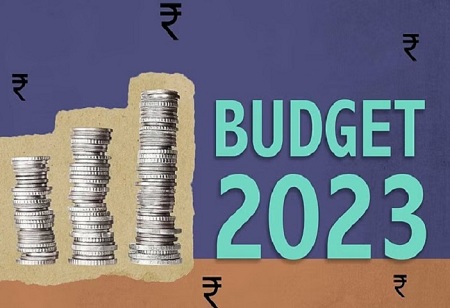Given its significance in generating long-term growth and jobs, the manufacturing sector is anticipated to receive a major boost in the next Union Budget 2023. The successful Production-Linked Incentive (PLI) programme of the government is probably going to be expanded to cover more high employment industries. Toy, bicycle, leather, and footwear manufacturing are other industries that may fall under the PLI scheme's purview in the upcoming budget, according to news agency PTI.
The scheme was rolled out with an outlay of Rs 1.97 lakh crore for as many as 14 sectors, including automobiles and auto components, white goods, textiles, food products, high-efficiency solar PV modules, advanced chemistry cell and speciality steel. The scheme is aimed at making domestic manufacturing globally competitive and creating global champions in manufacturing, and it is yielding solid results, as per sources quoted in the report by the news
agency. They added that a proposal to extend PLI scheme benefits to different sectors such as toys and leather is at advanced stages of finalisation, and there is a likelihood that it may figure in the budget. One of the quoted sources said there are some savings from the outlay announced in the previous year, adding that it could be considered for other sectors.
Why is the PLI scheme so important for India?
With the PLI programme, the government hopes to support domestic producers and help them become more competitive abroad. The government is of the opinion that increasing domestic production in all sectors might aid in luring investment in fields requiring core competencies and cutting-edge technology, boosting exports, and establishing India as a key player in the world supply chain.
As of September 2022, the PLI scheme for large-scale electronics manufacturing had drawn investments of Rs 4,784 crore and produced a total of Rs 2,03,952 crore, including Rs 80,769 crore in exports. It should be highlighted that the business sector has contributed significantly to the PLI initiative.
In a statement released on December 16, 2022, the commerce and industry ministry stated that 650 applications had already been approved under 13 programmes, and more than 100 MSMEs were among the PLI recipients in industries like food processing, medical devices, bulk medicines, and white goods.
The program's particular goals were to increase domestic manufacturing in important industries, lower import costs, make locally produced items more cost-competitive, and increase domestic capacity and exports.
